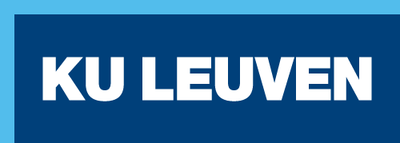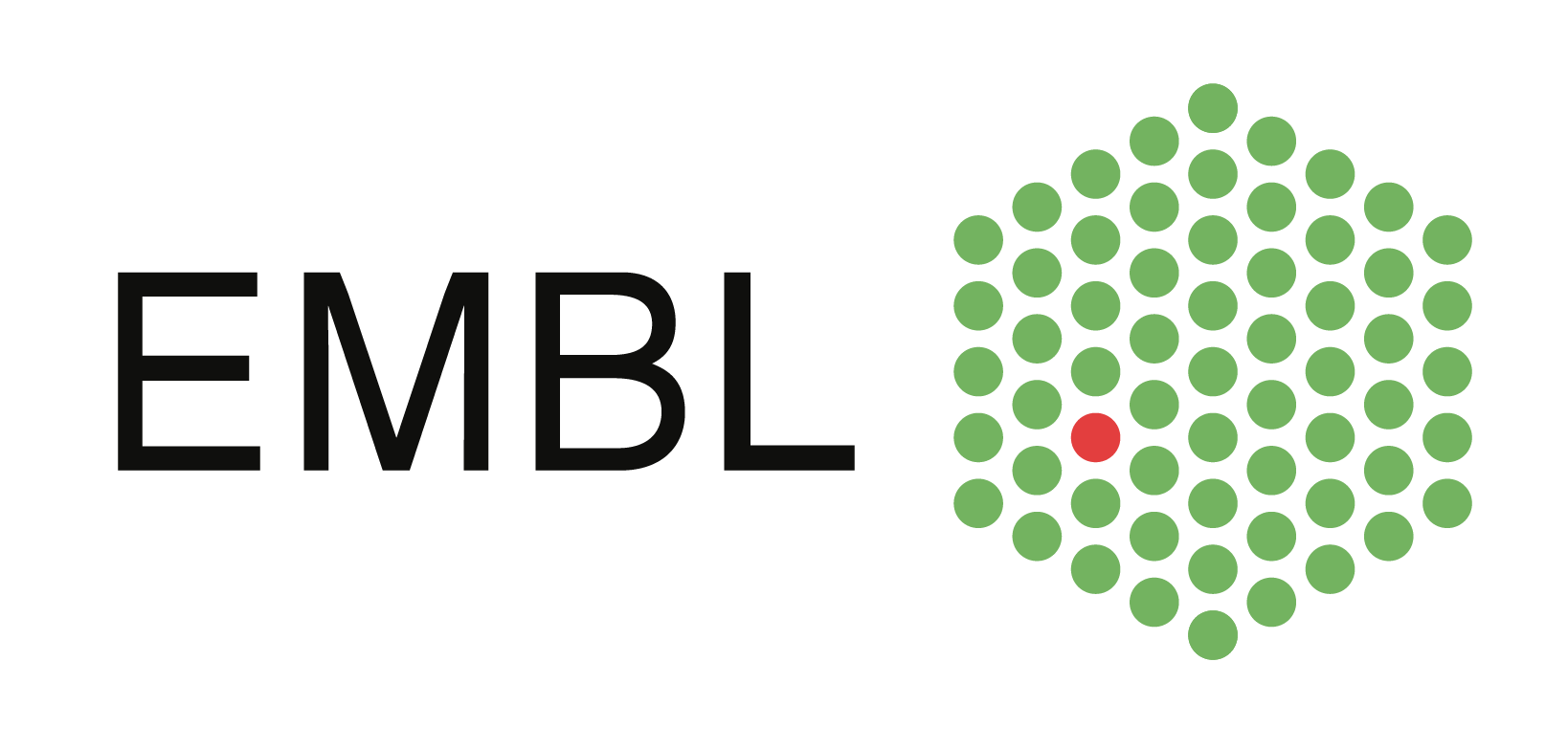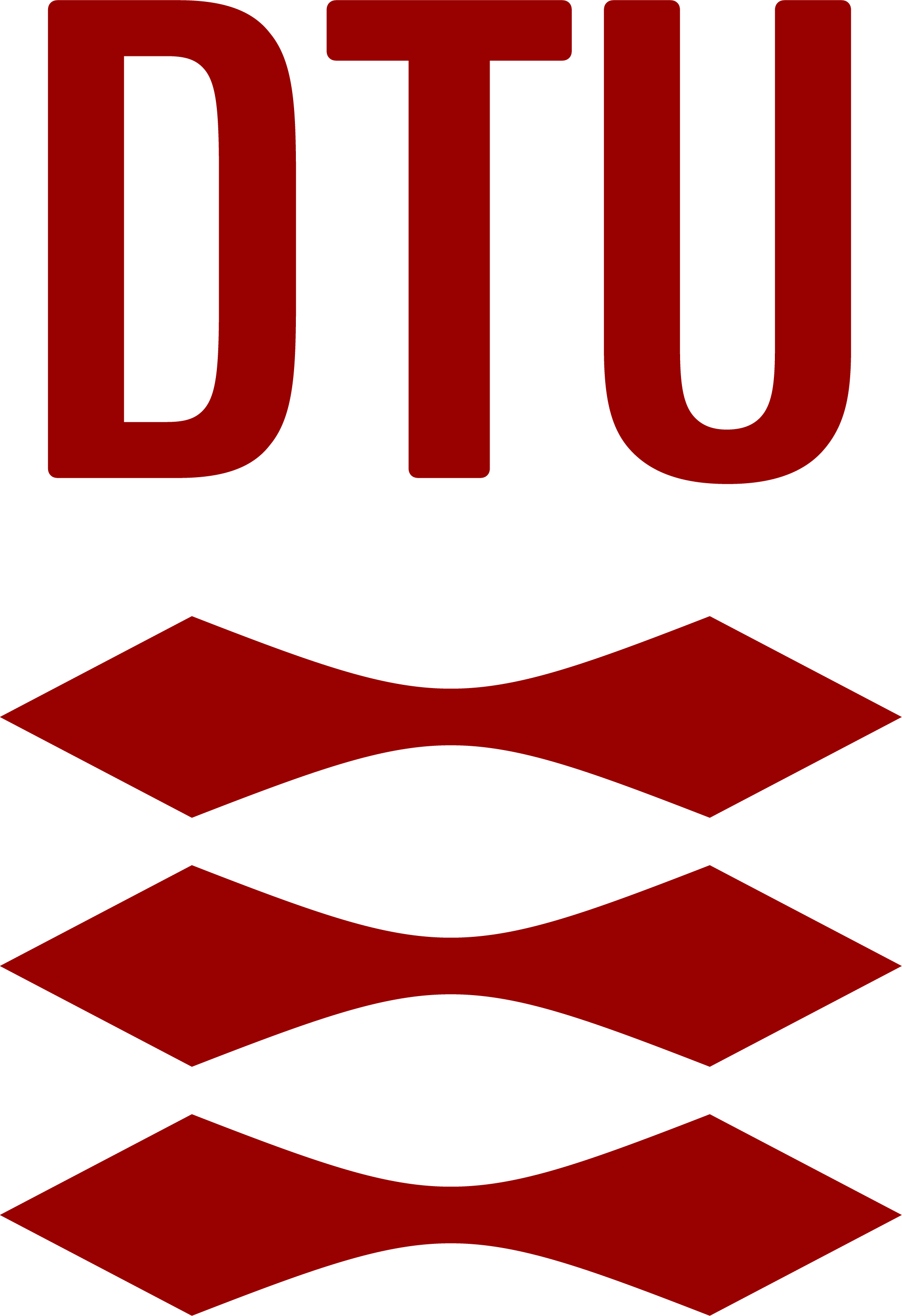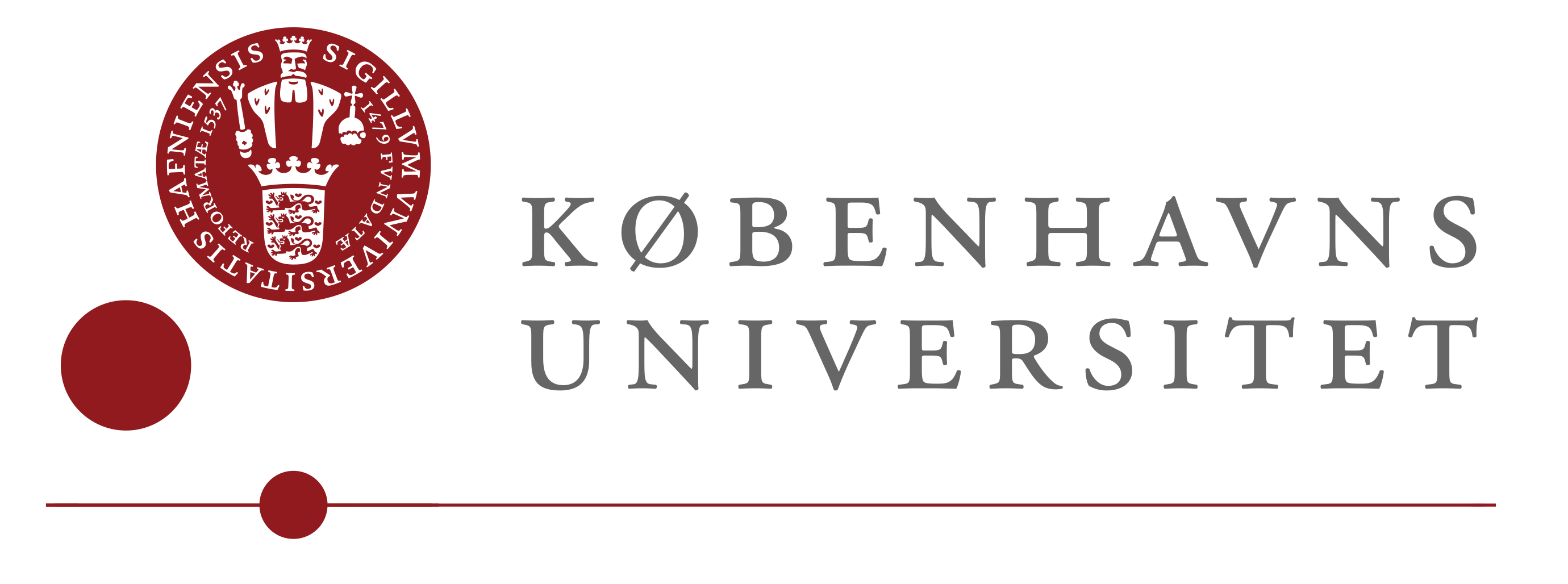Imperial College
Read more

The Bio Studio Program supports entrepreneurial academic researchers in translating their science into innovative products and solutions.
The Bio Studio program is a program with the ambition to build and run a leading life science company creation facility in Europe. Through this program, BII will host 15-20 top-level entrepreneurial scientists worldwide to translate their science into new solutions. Bio Studio is anchored in our Innovation department.
The Bio Studio Program projects will join BII and establish a team working in BII’s office and lab space alongside other Bio Studio projects and start-ups in other BII programs. Bio Studio projects will be supported by a tailored program to develop the teams’ entrepreneurial and commercial competencies and by dedicated BII anchors to help guide project progression.
See all of our Bio Studio projects here.
Currently, the Bio Studio program focuses on supporting projects within cardiometabolic diseases, women’s health, and planetary health. Read more about these focus areas below.



Natural proteins evolved over millions of years to solve the most complex challenges on Earth, but we face new and pressing challenges today. The Institute for Protein Design aims to create a new world of synthetic proteins to address these challenges. To achieve this, we are marshaling deep institutional strengths in our faculty, staff, postdoctoral scholars, and graduate students, as well as partners from collaborating institutions, innovator networks, and the computer and biotechnology industries. We are bringing extraordinary expertise to bear on a singular focus to advance the potential of protein design.

EMBL, Europe’s flagship laboratory for life sciences, is an intergovernmental organization established in 1974 and supported by 27 member states, two prospective member states, and an associate member state. EMBL performs fundamental research in molecular biology, studying the story of life. It offers services to the scientific community, trains the next generation of scientists, and helps integrate the life sciences across Europe.

Rigshospitalet is the University Hospital of Copenhagen with specialized treatment, research, and education at the highest international level. Through a strong focus on innovation and developing new treatments, services, and solutions for better healthcare, the hospital seeks to benefit patients across the world by being a global pioneer in future healthcare.
The hospital has established a structured process for innovation support, where clinicians receive help from a dedicated team of innovation consultants to convert their research into new medical solutions. The aim is to help design and develop future healthcare solutions with startups and the industry that can bring products to market and scale to make a global impact.


Bispebjerg Hospital is one of the hospitals in the Capital Region of Denmark. Along with several other hospitals and the University of Copenhagen (the Faculty of Health Sciences), Bispebjerg Hospital forms part of the Copenhagen University Hospital.

Technical University of Denmark – DTU develops technology for people. With our international elite research and study programs, we are helping to create a better world and to solve the global challenges formulated in the UN’s 17 Sustainable Development Goals. Hans Christian Ørsted founded DTU in 1829 with a clear vision to develop and create value using science and engineering to benefit society. That vision lives on today.

The University of Copenhagen was founded in 1479 by the Danish king Christian 1, and today has 37,500 students and 9,000 employees – of whom some 5,000 are researchers – and revenues of DKK 9.1 billion. The University of Copenhagen consistently ranks as the top university in Denmark and Scandinavia. The quality of the University of Copenhagen is underlined by the fact that its researchers have received nine Nobel Prizes.

Aarhus University (AU) is one of Denmark’s largest research and teaching hubs, with its main campus in downtown Aarhus. Rooted in strong disciplines, researchers and students have been generating new knowledge here for over 90 years. Aarhus University has 38,000 students, five faculties, research activities all over the country, and campuses in Aarhus, Herning, and Emdrup.
Research and education of the highest international quality are at the core of our mission, and strong partnerships with our society are at the heart of our activities. Thanks to its size and reputation as a leading research-intensive university, Aarhus University has a strong impact and influence across the entire spectrum of disciplines, locally, nationally, and globally.
Among more than 17,000 universities worldwide, Aarhus University is in the top 100 on several international rankings. With its recently launched business collaboration and innovation initiative, Aarhus University will create even more tangible value for society.
Bio Studio supports ambitious translational projects that address major challenges with substantial societal and health impact and target a significant current or future market need.
It is not a requirement to have existing IP to apply for Bio Studio. If there is existing IP relating to the project (background IP), this must be licensable to the future spin-out company on market terms. Any IP generated during Bio Studio remains the property of the host institution but must also be licensable to the spin-out company. BII’s IP specialist can assist in devising and advising on IP strategy while in the Bio Studio program.
The goal of each Bio Studio project is to create a viable startup by the end of the program that can raise seed or Series A financing.
Bio Studio focuses on translating world-class research into a company within three years by establishing a satellite group at BII that will form the basis of the future spin-out company. For the Venture Lab program, applicants must reach critical inflection points within team development, research maturation, and business model development that can lead to additional financing within one year.
As part of the Bio Studio program, you will receive help with scientific maturation, development of IP, entrepreneurial training, extensive in-kind partner services and preparation for fundraising.
Established PIs with at least three years of experience of leading an independent research group from across the world with a strong academic track record and demonstrated experience in translating research and/or commercialization.
The project teams will reside in Copenhagen. Year one will be a transitional year for establishing the team and facilities. When the first year ends, the majority of operations and the team will reside at BII in Copenhagen.
Bio Studio projects are expected to run for up to 3 years and the funding is awarded in sequential 1-year in-kind grants of up to DKK 7,8M pending on annual approval of extension based on the milestone plan.
Funded projects will be incubated at BII’s state-of-the-art facilities in central Copenhagen. PIs themselves are not expected to relocate to BII and will remain at their host institution. Any IP generated during the Bio Studio project will remain with the PI’s host institution or with the inventors depending on appropriate legislation.